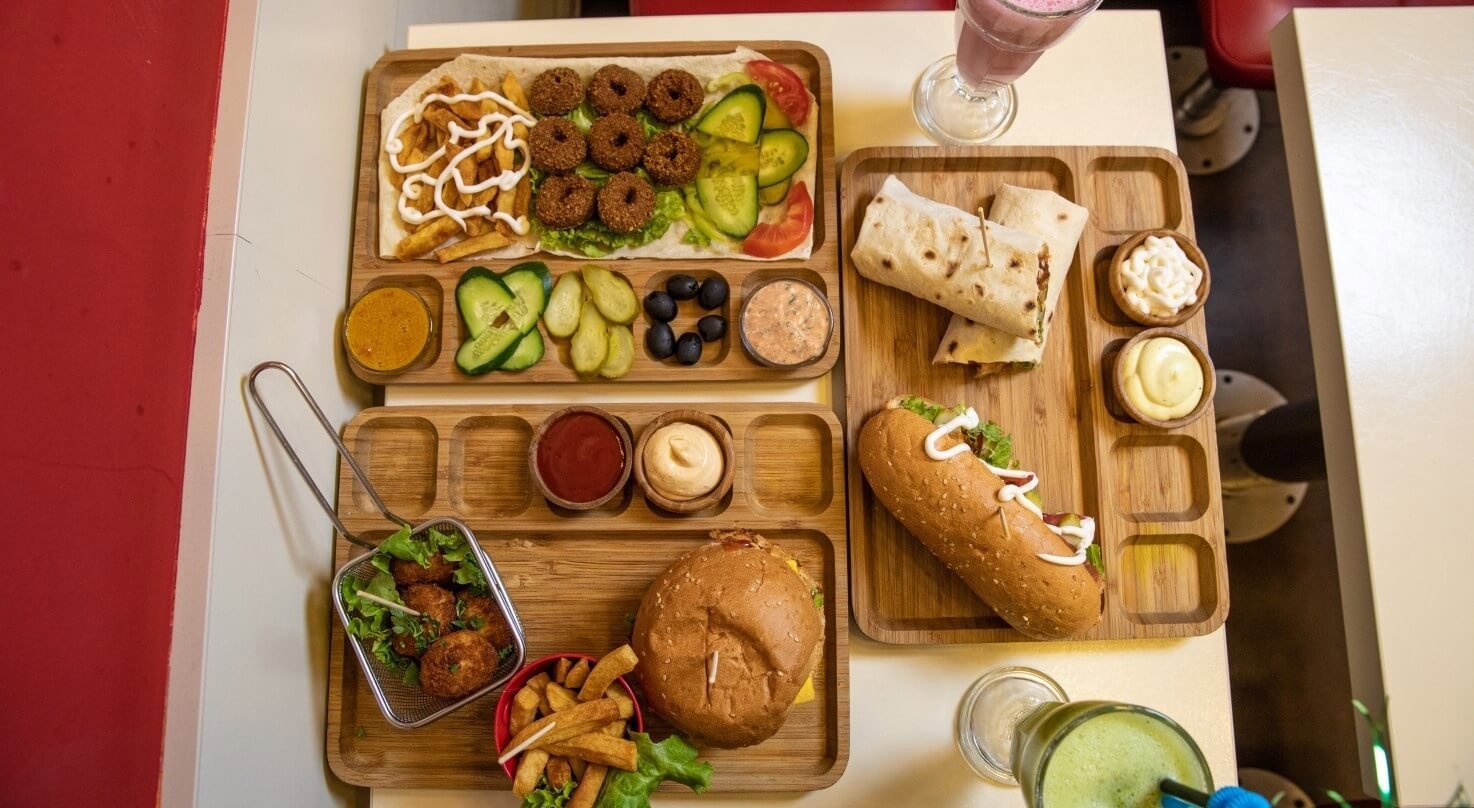How to appeal to health-conscious parents in the modern era
In a world of rapid information-sharing, and people rightfully calling brands to account for their messaging and behaviour, choosing to take a position on a topic of cultural significance or simply putting your head above the parapet can feel risky and challenging for the vast majority of brands.
However, the recent BBC ‘Square Eye’ campaign clearly demonstrates the value of addressing category concerns and questions head-on. It’s a fantastic example of a brand listening to their consumers, addressing a problem directly, and reminding people of the positive things the category can do for children, without going too far and ignoring the need for balance in children’s lives.
For brand leaders in the FMCG world in particular, navigating the ever-evolving cultural movements around health can feel overwhelming.
Obesity is still on the rise
From an overall national health perspective, obesity is still on the rise amongst adults and children, along with type 2 diabetes, and we’ve never been more aware of the importance of the diet we consume as individuals and families. Food education, rightly so, has moved on significantly in the last few years and calorie information has moved from something found just on pre-packaged food, to non-pre-packaged food and drinks in restaurants and takeaways. Calorie information is now a near constant in consumers’ lives, along with media headlines warning of the health crisis currently facing the country.
On the financial side of things, consumers are under ever-increasing cost-of-living pressures, with a huge amount of that financial squeeze being felt by food retail. For many FMCG brands who were previously seen as small, inexpensive treats, are now more easily viewed as expensive, unnecessary, bad calories. When grocery bills are being evaluated and squeezed by shoppers like never before, items viewed as ‘treats’ are an easy thing to lose, and ‘unhealthy’ treats even easier.
To further complicate the issue for FMCG brands trying to plan for the future, the government’s ever-evolving position on advertising regulations placed on food and drink products higher in fat, salt and sugar has again been pushed back until October 2025, after they initially announced a much earlier roll out of 2023/24. While the current opposition party earlier this year indicated that they would push through restrictions immediately if they were to elected into power.

Against this backdrop, it may feel like the easiest step is to pause and stop talking to consumers. However, this would be, in many ways, a failure of duty on the past of FMCG brands.
The time is right for FMCG businesses to step-up and adapt to simultaneously present their brand in an appealing way and play a role in educating consumers about the healthy consumption of their product.
FMCG brands looking to grow their market share are currently laser-focused on how they position themselves and how they talk to consumers in a responsible, forward-facing manner that gives themselves a credible healthy and responsible role in consumers’ lives.
Balance in the modern era should now be a central pillar of any non-health-focused FMCG brand looking to grow.
But how do FMCG brands appeal to health-conscious parents in the modern era against the backdrop we’ve just described? Here’s three ways we’re helping our clients right now to continue to flourish into 2024.
1. Be clear what role your product(s) can play in your consumers’ lives.
When the live conversation is pushing your product to the margin and showing consumers a world in which they don’t need you, they will struggle to rationalise the expense of buying your products. In response, FMCG brands need to work a bit harder to show their potential customers where they fit into their, and their families, lives. On a category level, is what you offer as baked into daily lives as it used to be? If not, it’s time to help show people where you fit in – don’t rely on their imagination, they’re not going to do the work for you.
Key takeaway: Don’t shy away from telling consumers where you fit in their daily diet -they may need help to remind them where you add value in their lives.
2. Embrace the family dynamic beyond just families eating together
Food is central to all families and what consumers buy and eat is often as much informed by their own personal tastes and choices as those of their families. When food selection is a group choice, it’s important brands reflect that dynamic and demonstrate how they are part of it and help family interaction vs acting alone. The role of food and drink has always been key in bringing people together and whatever your messaging and marketing mix, it’s essential not to lose sight of that basic human truth.
Key takeaway: Show how joint food choices can be as important as joint food consumption in modern families
3. Have fun – be memorable. Celebrate the fun in life, don’t treat food like a commodity
Food for most people is more than just fuel, it’s a simple pleasure often sociable in nature. It’s central to consumers’ lives and is something we can all enjoy. That pleasure and spirt of fun should live and breathe in your brand’s personality across all touchpoints. Being sensible about how you communicate how your product(s) should be used and consumed as part of a calorie-sensible diet doesn’t mean you need to creatively box yourself in. Make sure that your creative platform is giving you the freedom to both educate and entertain to maximise your behavioural impact.

Much of the above thinking informed our ‘Dinoboy‘ campaign for Kinder Chocolate. The message we built for the much-loved confectionery brand was centred around the idea of showcasing Kinder Chocolate as the permissible treat that will leave both kids and parents happy. The campaign was originally developed for the UK market only, but it’s huge success and universal appeal led to continuous use and roll out to 10 additional markets worldwide.
CONTACT CAMILLA MORAN, HEAD OF ACCOUNT MANAGEMENT
If you would like to discuss how we can help your brand navigate the ever-evolving cultural movements around health-conscious parents, get in touch.

What else is going on

Reducing Drownings in the UK
The task of helping the National Water Safety Forum to reduce accidental drowning fatalities in the UK by 50% by 2026 – is too important to guess. Find out how we changed behaviours and saved lives.
Find out more
Driving brand reappraisal through supporting British design
It’s London Fashion Week again and we thought we should celebrate the ten-year anniversary of the great collaboration between DFS and leading British designer, Giles Deacon.
Find out more

